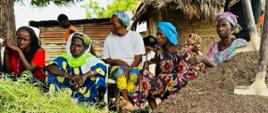Polish Embassy’s intervention in mitigating climate change in Touba Wuli
24.11.2023
Poland is some six -thousand miles away from The Gambia with no direct connections, historical or diplomatic. A few years ago a tourism promotion campaign landed Gambian officials in Warsaw and a few Polish tourists began trickling to Banjul almost unnoticed from the many British arrivals. But in in the hinterland, south of the second capital Basse, an initiative by the Polish Embassy in Senegal has made an indelible mark with potentially more enduring impression of Poland in Gambian hearts and minds.

Touba Wuli village located near the tip of the eastern end of The Gambia is, like many rural communities in this smallest nation on mainland Africa, a centuries- old settlement deprived of the basic needs of life .
Its many challenges start with accessibility
A bush tract, stretching serpent –like, for about two kilometres link the village to the main highway, itself newly built from decades of dilapidation. In Touba, electricity and pipe borne water are far too big a dream for the inhabitants who depend on subsistence farming or seasonal gardening to put food on the table and send their children on foot or donkey carts to school in another village. In the past few years though a new threat looms on the horizon for the community as rainfall patterns changed from normal downpours lasting over three full month to sporadic showers and windy spells,posing danger to crop and vegetable production, the main stay of the community’s economy. Unknowing to the villagers, the negative effects of climate change are setting in manifesting itself in unpredictable rain falls leading to poor agricultural productivity threatening food security. And since women are more vulnerable to the effects of climate change than men –because they are more dependent on natural resourcesfor their livelihood – and also because they face more social, economic, and political barriers limit their coping capacity, something has to be done to save them from hardship.
Enter Poland Embassy in Dakar
The women were mobilised through their local organisation the Denkula Kafo, and with the support from the Embassy of the Republic Poland in Senegal the group implemented a project entitled: “Promoting Climate Smart Agricultural Practices for Sustainable Development in Touba”. The project came in twofold: a massive campaign to reforest the depleting environment with trees and training of the women with skills to produce their own local made fertiliser. The first of the twin project involved an all day tree planting exercise with over one thousand trees planted with participation from all women and children in the village who spent a whole rainy day in July to kick start what they locally called the green initiative. Some of the species bear fruits edible by humans thus providing not just a future wind breaker to the community but also nutrition for its inhabitants. Assisted and encouraged by the local government and forestry officials, the villagers said the reforestation of the environment will continue beyond the life span of the Polish Embassy funded project. The tree planting exercise proved a useful tool to sensitise the community not only on restoring the environment but wider climate change issues and its relations to issues such as migration. “Women are particularly placed at the fore front of this project because of their unique responsibilities in households and communities, as stewards of natural and household resources which position them well to contribute to livelihood strategies adapted to changing environmental realities’’, Nfamara Jawneh, project coordinator said. Mrs. Tida Fatty, president of the implementing women organisation Denkula Kafo said the funding from the Polish Embassy in Senegal has enabled them to reach unprecedented dimensions in mitigating climate change as well as equipping them with knowledge to sustain and improve their farming method. The second part of the project involved an intensive, interactive and demonstrative training on compost manure production and usage. The Polish Embassy perceived that when women gardeners are trained to produce their own manure they would save time, costs and learn lifelong skills to make them self-reliant. At least 30 members of the women group were trained and certificated on organic compost making using local materials such as leaves, grass, animal waste etc. “Since the raw ingredients used in the production of this type of fertiliser are locally available, compost fertilizer is easier and cost effective for these folks. “The application of organic fertilizer will improve water and nutrients retention of the soil and it’s also good for both crops and human health,” project coordinator Jawneh said. He revealed that the training also facilitated networking and knowledge exchange among participants.
On a hot Thursday evening on 23 November, 2023, the village was thrown into a scene of ecstatic excitement as an official of the Polish Embassy in Senegal visited to engage the community on the successful completion of the project. A jubilant crowd of joyous women singing and dancing welcomed Ewa Zaleska, First Counsellor at the Polish Embassy in Dakar. Their songs and faces carried messages of fulfilment and genuine appreciation of the transformation derived from the Polish funded twin project that empowered them with knowledge and means to mitigate climate change as well as lifetime skills. ‘’We have experienced real life changing methods to protect and enhance our capacity to cope with challenges brought by climate issues. Before now we had little knowledge that human beings can do something do ease or fight against adverse weather,’’ Bintou Fatty a member of Denkula Kafo blasted on a hand held loud speaker. Under the fading shade of a tree that evening, villagers led by Alkalo Sanno took turns to express appreciation of the Polish Embassy’s assistance and looked forward to working with the mission in other possible areas needing intervention in their community. ‘’You have ignited new enthusiasm for climate change and new methods of farming in our womenfolk,’’ the alkalo told Counsellor Zaleska. The Polish Embassy official thanked the community for the successful implementation of the project and expressed appreciation that the project made the women to be more aware of issues about climate change. ’’I am very impressed with what you have achieved. You have planted 1000 trees among them 500 by the children which is very an important factor in their education. As you can see there is deforestation and desertification and I am glad that as you have said you have now recognised that trees serve as wind breakers and the fruit trees also provide food. It is in that spirit that the Polish Embassy in Dakar funded this project and we are very happy that it is completed,’’ Counsellor Zaleska said. She said her Embassy would be happy to further discuss with the community to see the possibility of collaboration in other projects that thy may submit for consideration. She said the training on the production of manure is another important factor that will save cost of purchasing fertiliser for the women who can use that money on other things. According to her said it is good that the raw materials for the production manure such as animal waste, leaves and or grass are readily available.” I can connect to these feelings because I too grew up in the Polish countryside where my grandparents owned a farm and I remember that manure was widely used from animal waste. So I am very impressed by the training too,’’ she said. Counsellor Zaleska noted the involvement of children in the project too as very important.
The Embassy official took leave of the village with a palpable sense of satisfaction that the Polish Government and the people of Poland have left a mark in the hearts of minds of a deprived community in faraway Gambia. ‘’This is more than five times a tourism promotion initiative can bring about. This is real transformation and empowerment of a deprived community,’’ Project coordinator NfamaraJawneh commented as the Polish delegation leaves Touba. In the distance the sound of the loud speaker continues to blast as the women of Touba retreat to their homes with renewed hope.
Les photos (16)
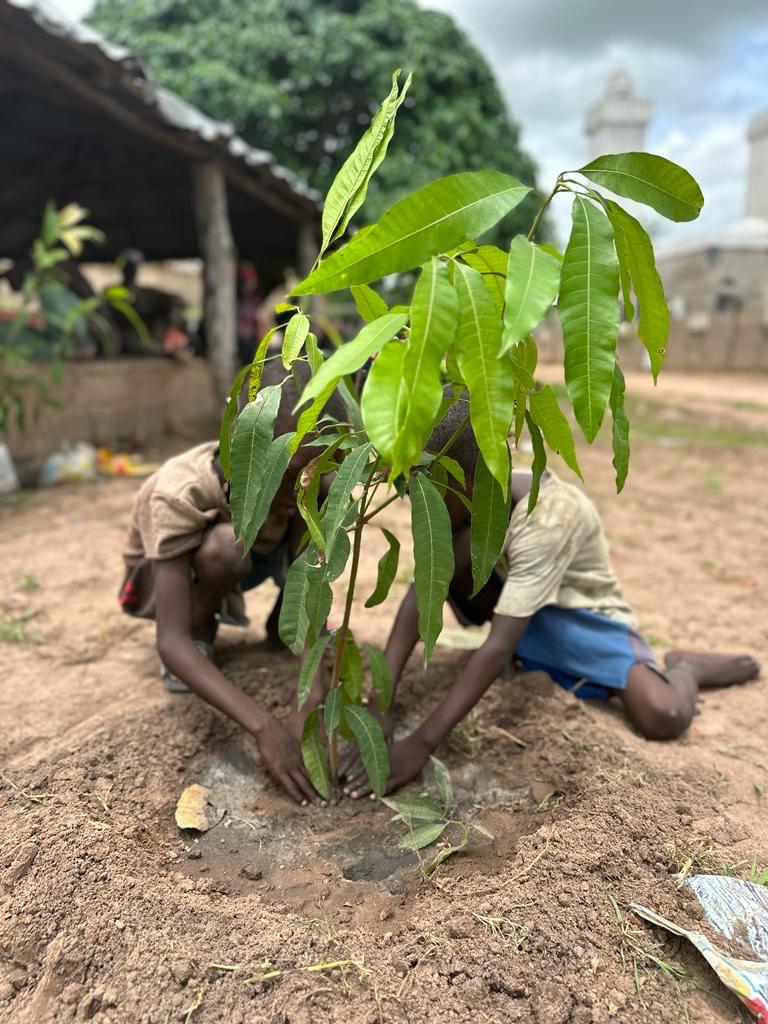 Visionner la photo 2 de la galerie
Visionner la photo 2 de la galerie
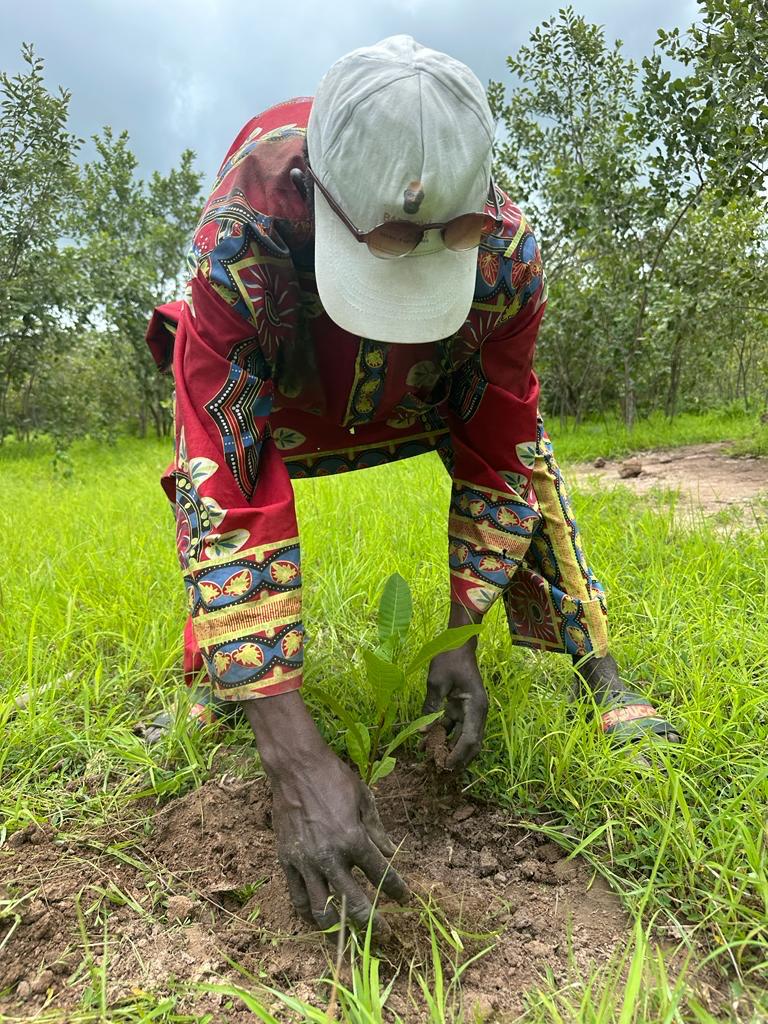 Visionner la photo 3 de la galerie
Visionner la photo 3 de la galerie
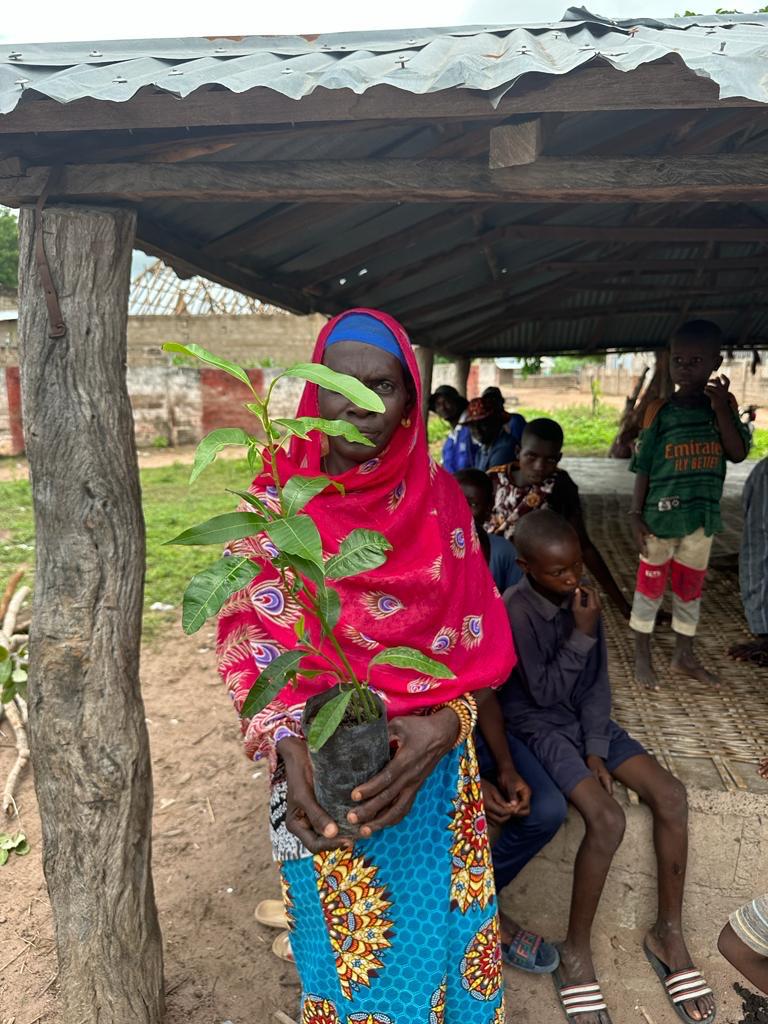 Visionner la photo 4 de la galerie
Visionner la photo 4 de la galerie
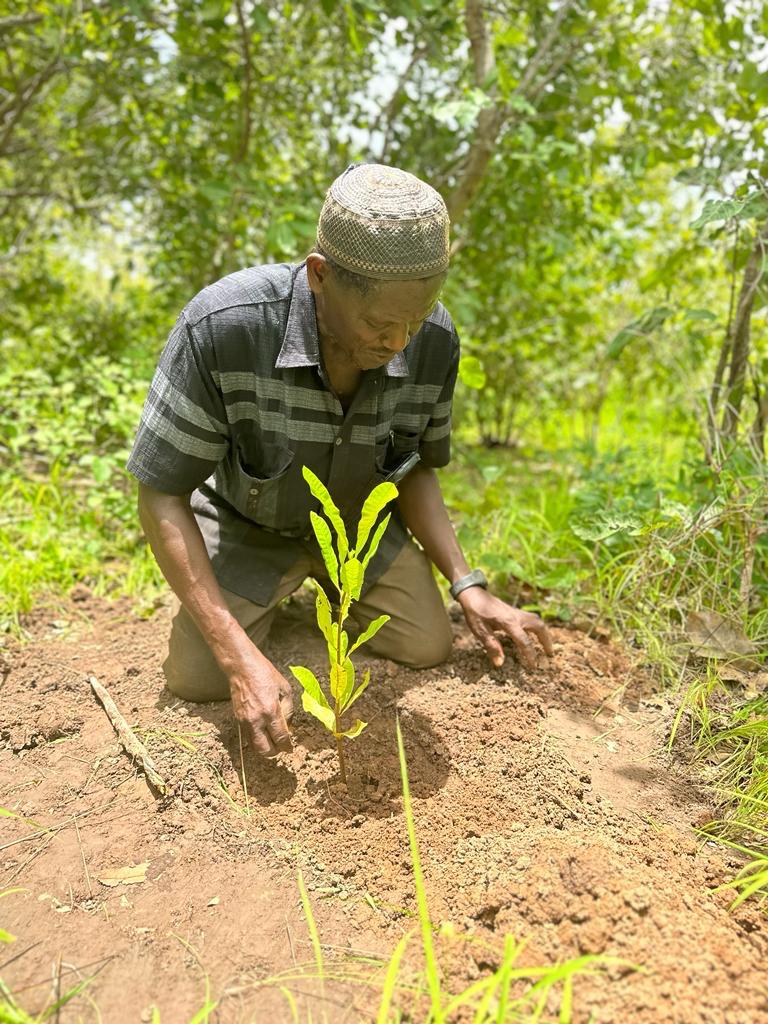 Visionner la photo 5 de la galerie
Visionner la photo 5 de la galerie
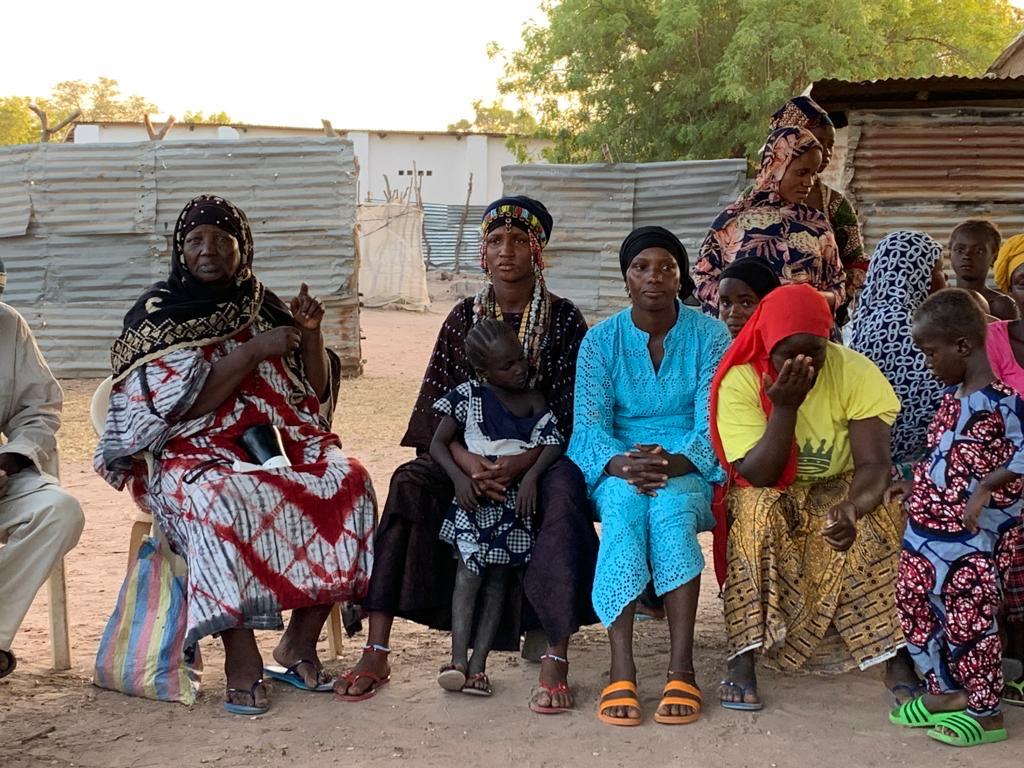 Visionner la photo 6 de la galerie
Visionner la photo 6 de la galerie
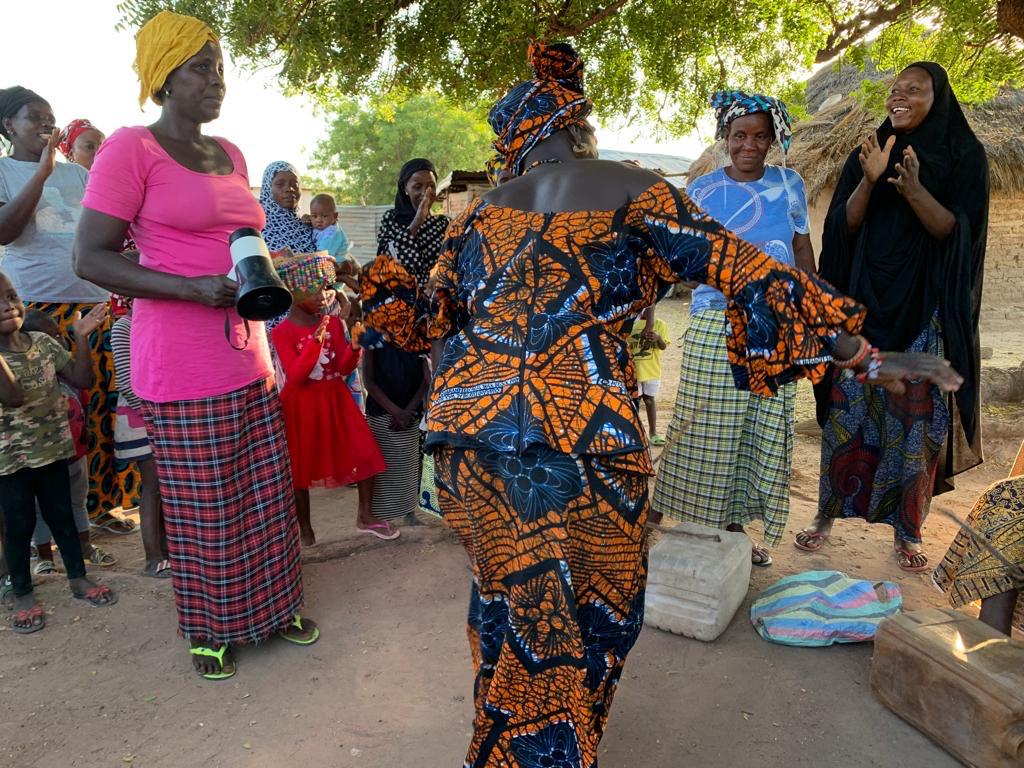 Visionner la photo 7 de la galerie
Visionner la photo 7 de la galerie
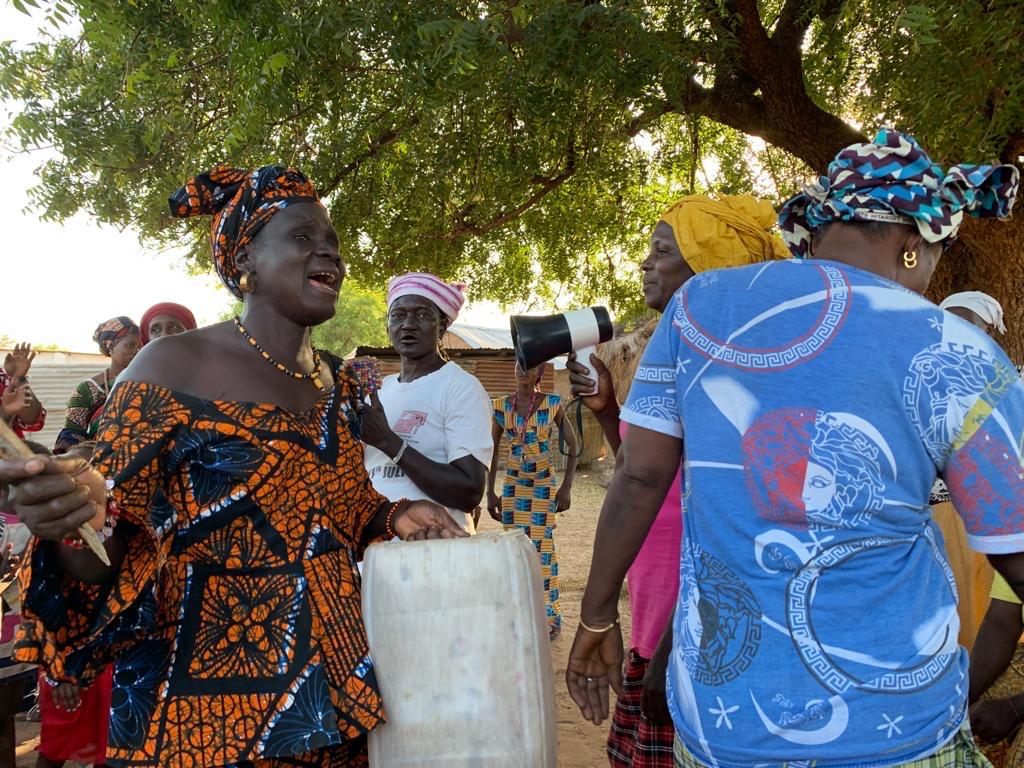 Visionner la photo 8 de la galerie
Visionner la photo 8 de la galerie
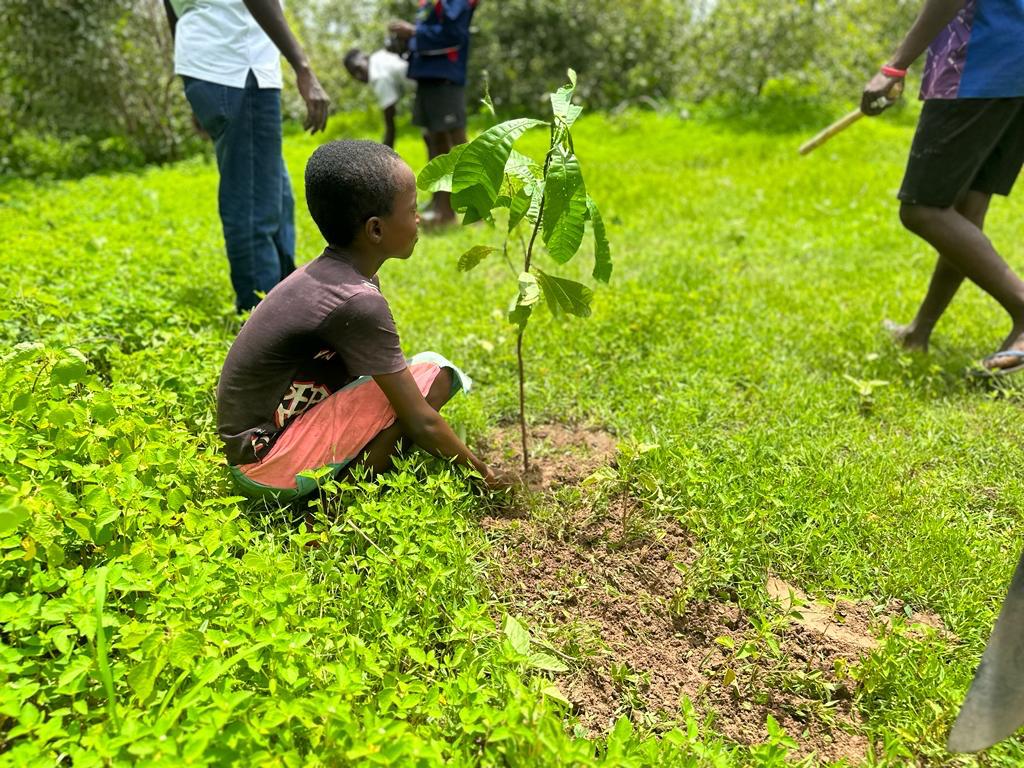 Visionner la photo 9 de la galerie
Visionner la photo 9 de la galerie
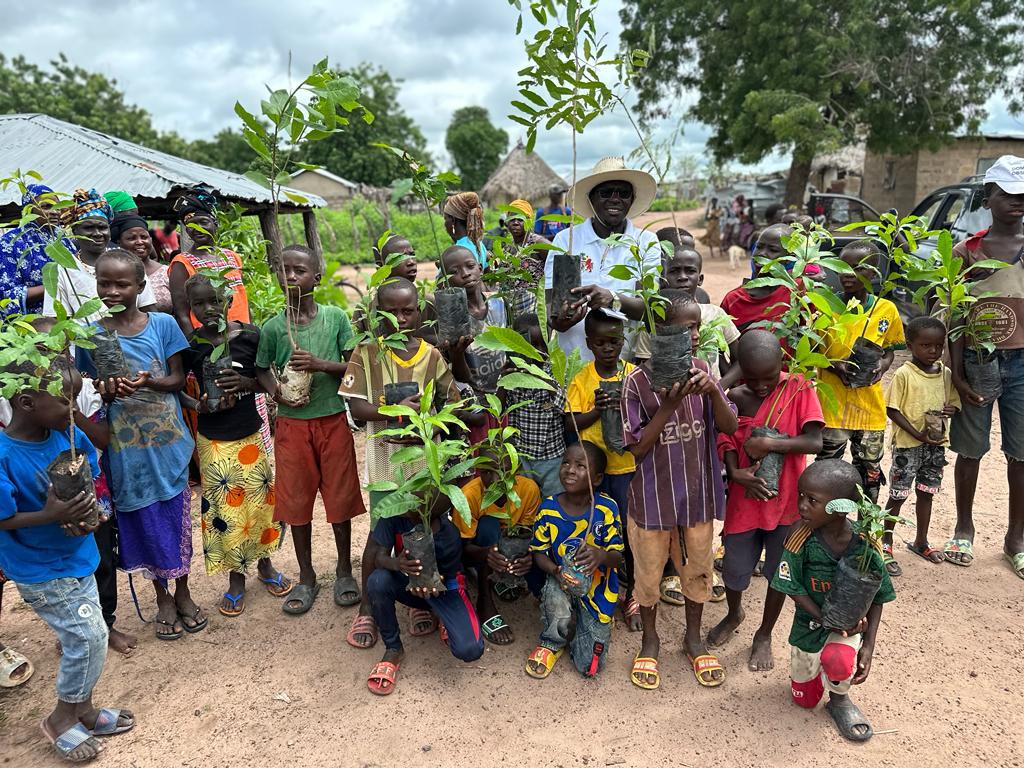 Visionner la photo 10 de la galerie
Visionner la photo 10 de la galerie
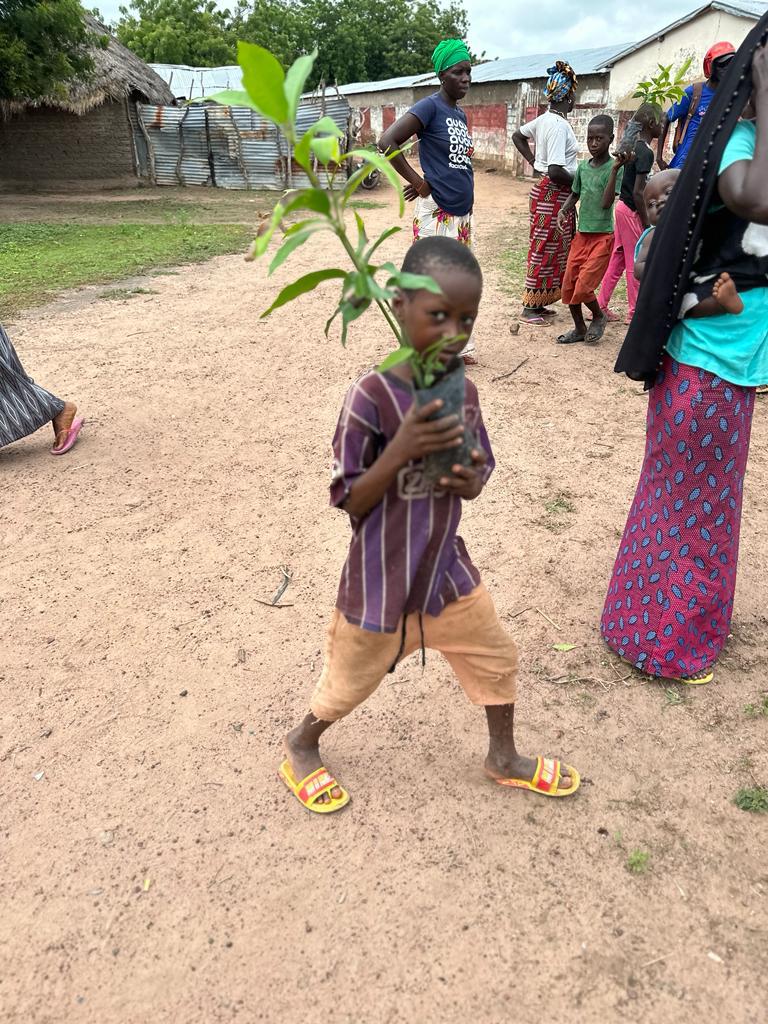 Visionner la photo 11 de la galerie
Visionner la photo 11 de la galerie
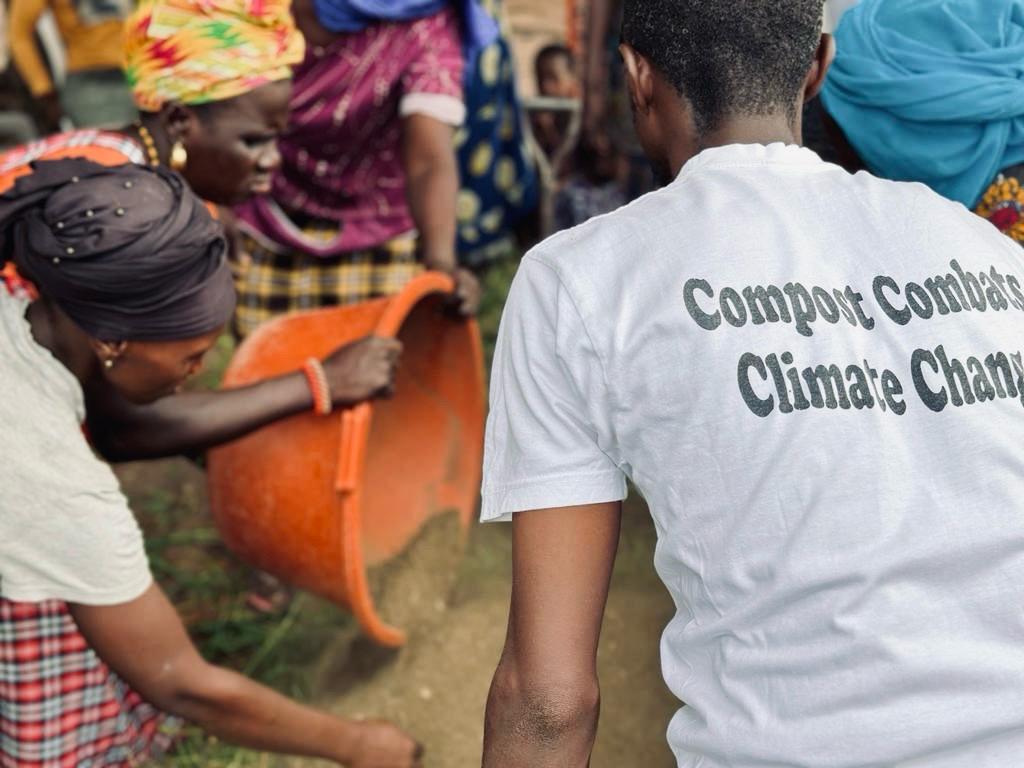 Visionner la photo 12 de la galerie
Visionner la photo 12 de la galerie
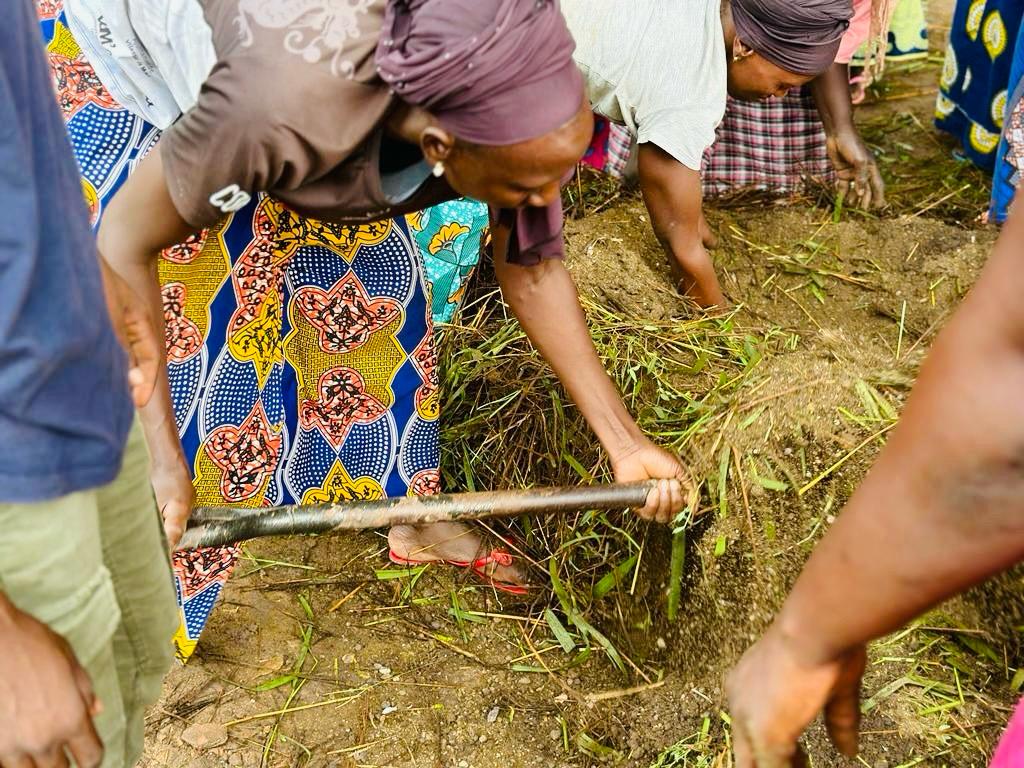 Visionner la photo 13 de la galerie
Visionner la photo 13 de la galerie
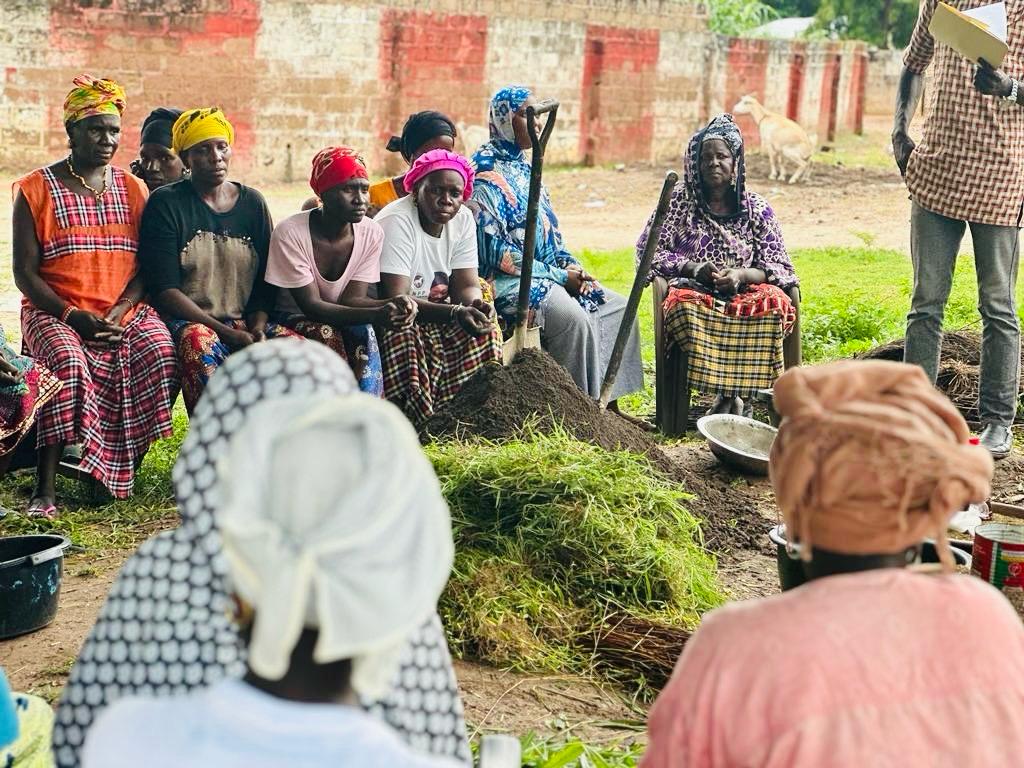 Visionner la photo 14 de la galerie
Visionner la photo 14 de la galerie
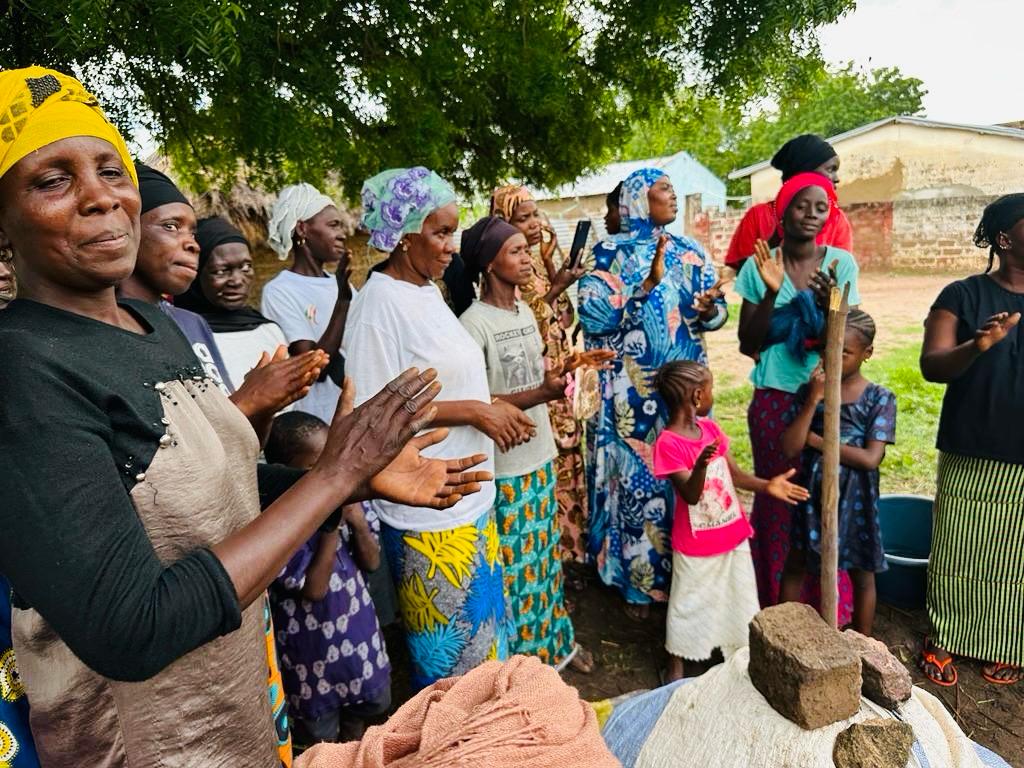 Visionner la photo 15 de la galerie
Visionner la photo 15 de la galerie
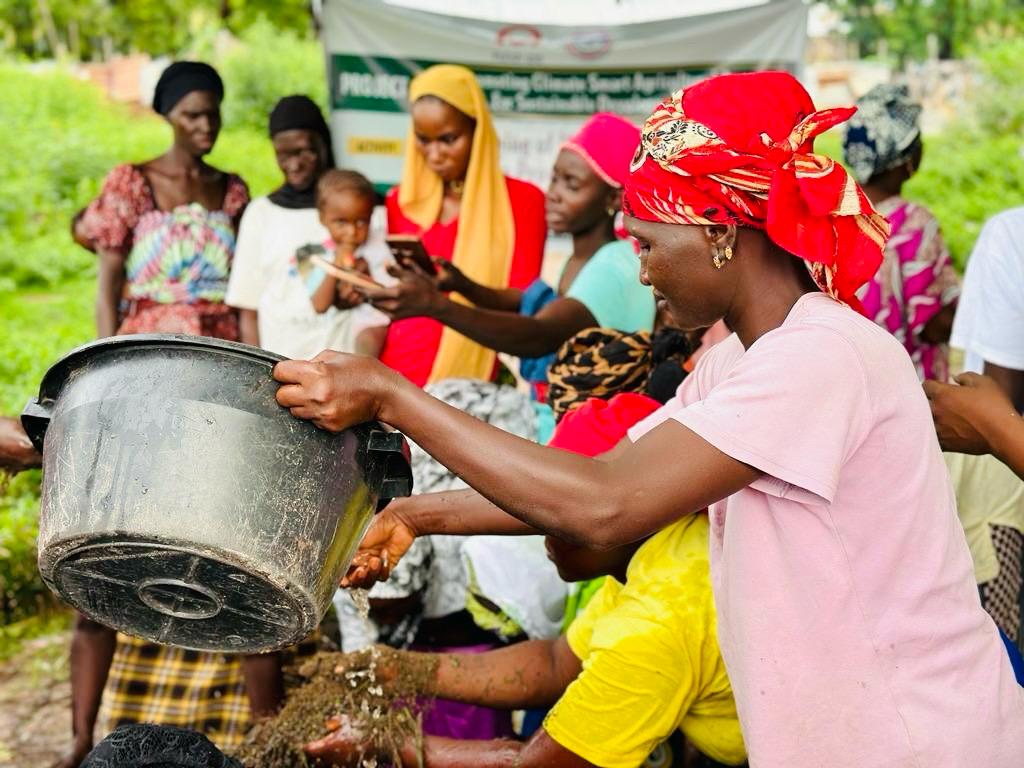 Visionner la photo 16 de la galerie
Visionner la photo 16 de la galerie
